#Leonardo da Vinci’s #DNA may be hiding in his artwork, researchers say.
Artist, inventor and anatomist Leonardo da Vinci was the definition of a Renaissance man — and scientists are aiming to unlock the secrets of his genius on a genetic level.
But there’s just one wrinkle: More than 500 years after his death in 1519, Leonardo’s DNA has proved virtually impossible to locate.
He never had children, and his grave site in the Chapel of St. Florentin in Amboise, France, was destroyed during the French Revolution in the late 1700s. There are bones rumored to have been recovered from the wreckage and reburied, but their identity and authenticity have been disputed.
In the absence of verified remains, scientists participating in the Leonardo da Vinci Project have taken an inventive approach: sampling artifacts associated with the Italian polymath for DNA.
Leonardo left behind a wealth of paintings, drawings and letters — things he would have touched that may still contain traces of genetic material today.
The project team swabbed letters written by a distant Leonardo relative, as well as a drawing called “Holy Child” that was possibly created by the master artist. The late art dealer Fred Kline attributed the work to Leonardo, but other connoisseurs have disputed its authenticity.
The team uncovered a wealth of environmental DNA on the drawing and one of the letters, including from bacteria, plants, animals and fungi — and a matching sequence of Y chromosomes from a male. The findings were released on January 6 in a preprint of a study that has not been peer reviewed.
“There’s a lot of biological material that comes from the individual that can be tracked to a piece of paper or a canvas that absorbs that,” said study coauthor Dr. Norberto Gonzalez-Juarbe, assistant professor in the department of cell biology and molecular genetics at the University of Maryland, College Park. “And if you cover it with paint, it has like a protective coat on it.”
The study does not claim that the DNA belongs to Leonardo, but the team believes it has established a method and framework that can be used to investigate other artifacts. If the same Y chromosome sequence is consistently found across items, it could potentially be the key to assembling Leonardo’s genome, said study coauthor Dr. Charles Lee, professor at The Jackson Laboratory for Genomic Medicine in Farmington, Connecticut.
Tracking down the artist’s DNA could provide insights into his brilliant capabilities. The team believes that he had unusually high visual acuity, or the ability to see things in a more detailed way than the average person, based on his artwork.
Finding out whether Leonardo had a biological advantage is a long-term goal, Lee said. “I’m hoping that this study is an important first step towards that.”
Hunting for centuries-old DNA
Sampling objects for DNA can be a destructive process. The project members, aware of the invaluable nature of the items they wanted to study, first set out to identify a minimally invasive technique that could lift lingering genetic material from artwork and documents.
After testing punch holes, wet and dry swabs, wet and dry vacuuming, and tools used in the forensic science community, the research team determined that dry swabbing could collect enough DNA for a sample and would not damage the artwork.
Genetic material from “Holy Child” provided a composite look at the environment in which the artwork was created and stored over the past 500 years, Gonzalez-Juarbe said.
After ruling out potential environmental contaminants like dust, the team identified specific markers for plants, animals and organisms that suggested the piece originated in Italy.
Gonzalez-Juarbe and his coauthors detected DNA of the orange tree on the 15th century artwork that they believe may have come from the ruling Medici family’s gardens — famed for their rare citrus trees — in Italy’s Tuscany region.
The team also detected wild boar DNA. Paintbrushes made of the animal’s bristles were common during the Renaissance. Stiff and durable, they created a distinctive texture for oil paintings, Lee learned from his colleagues.
“Are we 100% certain that that’s where that pig DNA is coming from, from the paintbrush?” Lee said. “No, but it matches with what we know about art history.”
The researchers involved in the Leonardo da Vinci Project invited Lee’s group at The Jackson Laboratory to take a closer look at the human side of the story. Lee and his team at the research institute had assembled 43 human Y chromosomes end to end and covered 180,000 years of human evolution in a 2023 paper published in the journal Nature.
“When someone comes up to you and says, ‘wouldn’t you be interested in helping find out what the DNA of Leonardo da Vinci is?’ How do you say no to that?” Lee said.
Tracing a familiar Y chromosome
Lee and his team had access to all of the data accumulated from multiple swabs of the “Holy Child,” as well as the letters written by a cousin of Leonardo’s grandfather and Renaissance paintings by different artists.
Y chromosomes are only present in males and serve as markers of male lineage — so women were selected to sample the artifacts.
Lee insisted that everything be done in a blind manner so that he and his colleagues wouldn’t know which sequences came from which piece, and they analyzed each one for human Y chromosome DNA. Control samples were also taken from the researchers who swabbed the artifacts.
Lee’s group carried out Y chromosome profiling and found that the markers from one of the letters and the drawing were genetically related. The researchers compared these markers with a panel of about 90,000 known markers across the Y chromosome, which helped them determine that the DNA belonged to the haplogroup E1b1.
Haplogroups categorize people who share a common ancestor, identified by genetic variations that can be traced through paternal or maternal lines. Paternal lines are traced by the Y chromosome, and maternal lines through mitochondrial DNA.
Today, the E1b1 haplogroup likely would make up 2% to 14% of a random sampling of males in Tuscany — which makes it fairly common, Lee said. He added, however, that geneticists use the term common when anything is at a frequency of 1% or higher.
In Tuscany, the most common clade — or group that shares a common ancestor — belongs to the R haplogroup, which consists of about half of all males living there today. E1b1 is thought to have originated in Africa. About 9,000 years ago, it’s thought that a fair number of males with the E1b1 Y chromosome migrated from North Africa to Europe, Lee said.
The Y chromosome DNA is from the Tuscan region, consistent with where Leonardo was born and lived. Prior to this study, Leonardo was not attached to a haplogroup. If evidence of the E1b1 haplogroup remains consistent in future studies of other objects, and perhaps even in living descendants of Leonardo’s father, a baseline assumption about their haplogroup could be established, Lee said.
“This is not definitive proof,” Lee said. “This is initial observations. From this point on, it’s the foundation upon which we can now collect more data to prove or disprove, confirm or refute the data we found.”
Carrying out delicate work
Identification of the same Y chromosome across other objects could also eventually be used to help determine whethher “Holy Child” was actually drawn by Leonardo and settle the authentication debate, Gonzalez-Juarbe said.
But some experts question what materials should be used in the search for Leonardo’s DNA.
The primary materials the team selected for swabbing and analysis were not the most appropriate for attempting to reconstruct Leonardo’s DNA, said Francesca Fiorani, commonwealth professor of art history at the University of Virginia. Fiorani was not involved in the research.
While “Holy Child” is attributed to Leonardo, that attribution is not widely accepted, Fiorani said. She also believes a letter, document or contract written by Leonardo’s father, who was genetically much closer to the artist, would have been better suited for analysis rather than a distant relative.
“DNA research is adding important insights to our knowledge of people and the world, but it is based on secure DNA data collection,” Fiorani said. “In the case of Leonardo, there is no secure way to get to Leonardo da Vinci’s DNA as no remains of his body exist, even though many fanciful attempts have been carried out in past decades to identify his body.”
However, the impressive methodology used in the study could eventually lead to the successful retrieval of Leonardo’s DNA in the future, said S. Blair Hedges, the Laura H. Carnell Professor of Biology and director of the Center for Biodiversity at Temple University in Philadelphia. Hedges was not involved in the project.
Assembling Leonardo’s genome will likely require DNA from descendants and possibly his own remains if they are authenticated, which could then be used in comparison with smaller genetic fragments collected from his artwork and artifacts, Hedges said.
“More research will need to be done to develop an exclusive DNA ‘barcode’ for Leonardo da Vinci. They don’t yet have the da Vinci barcode,” Hedges added.
While swabbing is considered the gold standard in forensic science, brushing could be a quick, nondestructive method the authors could consider in the future, said Kelly Meiklejohn, associate professor in forensic science at Western Sydney University in Australia. She did not participate in the new research. Gently sweeping with a brush and using its bristles to collect genetic material from manuscripts has been used with success in the past by Meiklejohn and her colleagues.
Meiklejohn appreciated that standard precautions were taken to reduce contamination in the lab, such as having women process samples.
“It is however not feasible to assume that the human DNA sequenced from each sample is derived from a single individual,” she said.
Meiklejohn believes the authors could use other methodologies like the FORensic Capture Enrichment panel, designed to isolate human DNA for identifying extended kinship, ancestry and phenotype analysis.
The quest to understand a genius
Multiple lines of research are underway to continue the goals of the Leonardo da Vinci Project.
Gonzalez-Juarbe’s group is working with the French government to swab artifacts associated with the master artist that are kept in France. Rather than focusing on famous paintings, such as the “Mona Lisa,” his team is eager to swab Leonardo’s notebooks or lesser-known drawings and paintings that haven’t been handled as much over the years. Other members of the group are collecting samples from Leonardo’s father’s descendants. And interest remains in the bones purported to be Leonardo’s.
Gonzalez-Juarbe and Lee hope that all the separate studies will intersect.
“At some point, I’d love to see a study done where we, if we show that E1b1 consistently comes up in these multiple avenues of exploring Leonardo da Vinci’s artifacts and living descendants of his father, then going to check those bone samples to see if they contain E1b1,” Lee said. “And if they do, then I’m getting to a point where I think Leonardo did carry the E1b1 Y chromosome with high probability.”
Then, the work of determining which genetic traits and markers Leonardo carried could be used to understand his visual acuity.
However, items associated with Leonardo are closely guarded by conservationists, and convincing private owners of artifacts that the work is important enough to execute is also a challenge, Lee said.
Integrating analysis into routine restoration or cleaning work is something Lee hopes will become common practice in the future, resulting in an exchange of information between geneticists, biologists and art historians.
For now, the team has no idea what they’ll find, or whether it will conclusively lead to the discovery of Leonardo’s DNA and gleaning insights from his genome.
“It’s like watching a movie, right? If you know what the ending is going to be like, there’s no gratification in it. But when you’re surprised by it, you don’t know what it’s going to be. That’s what makes the whole journey more fulfilling,” Lee said.
By Ashley Strickland


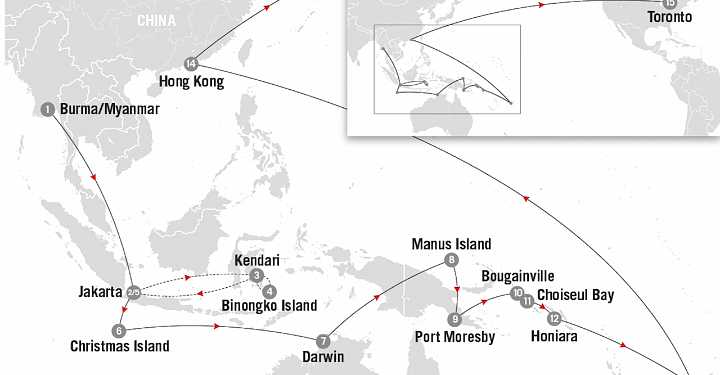


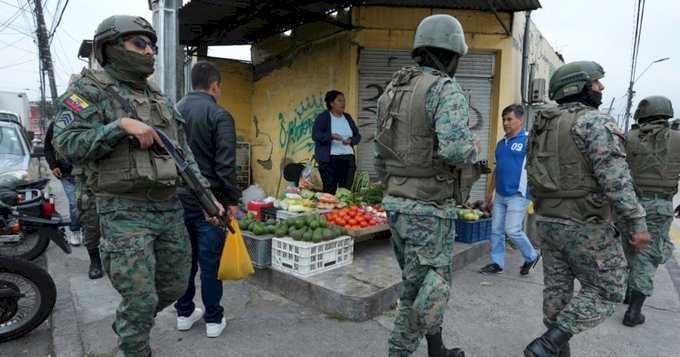

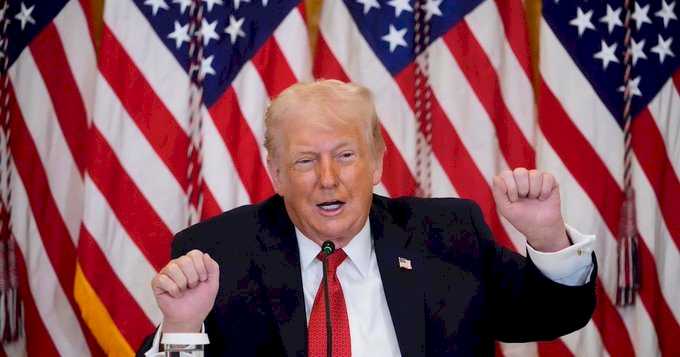
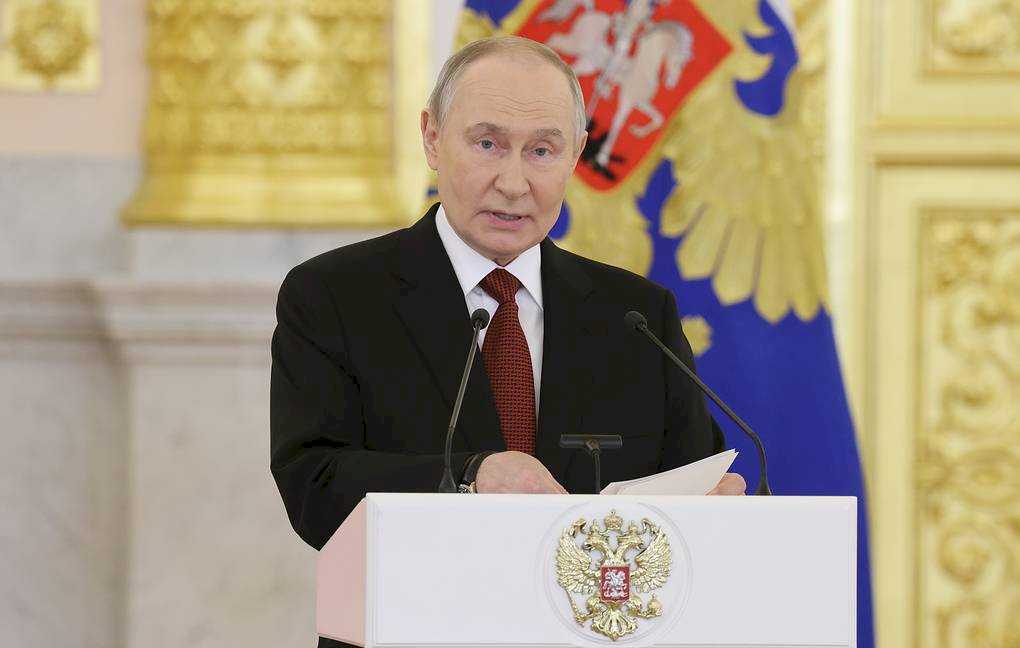
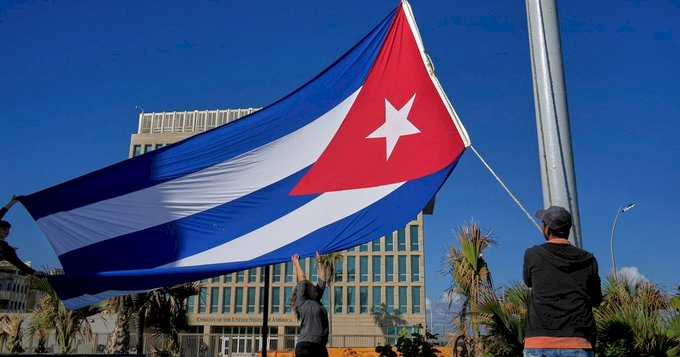
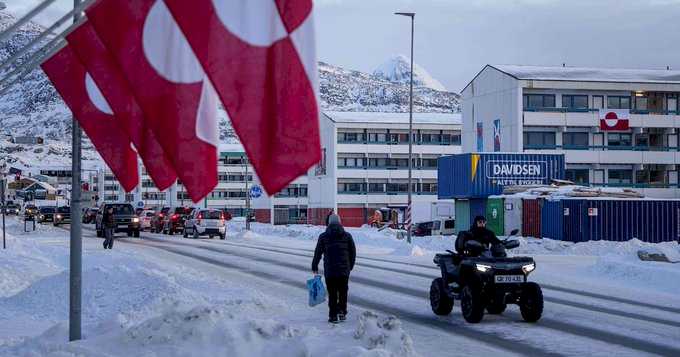
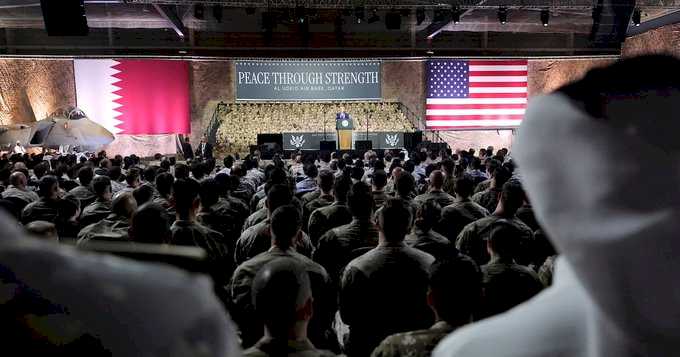



Global News on Umojja.com